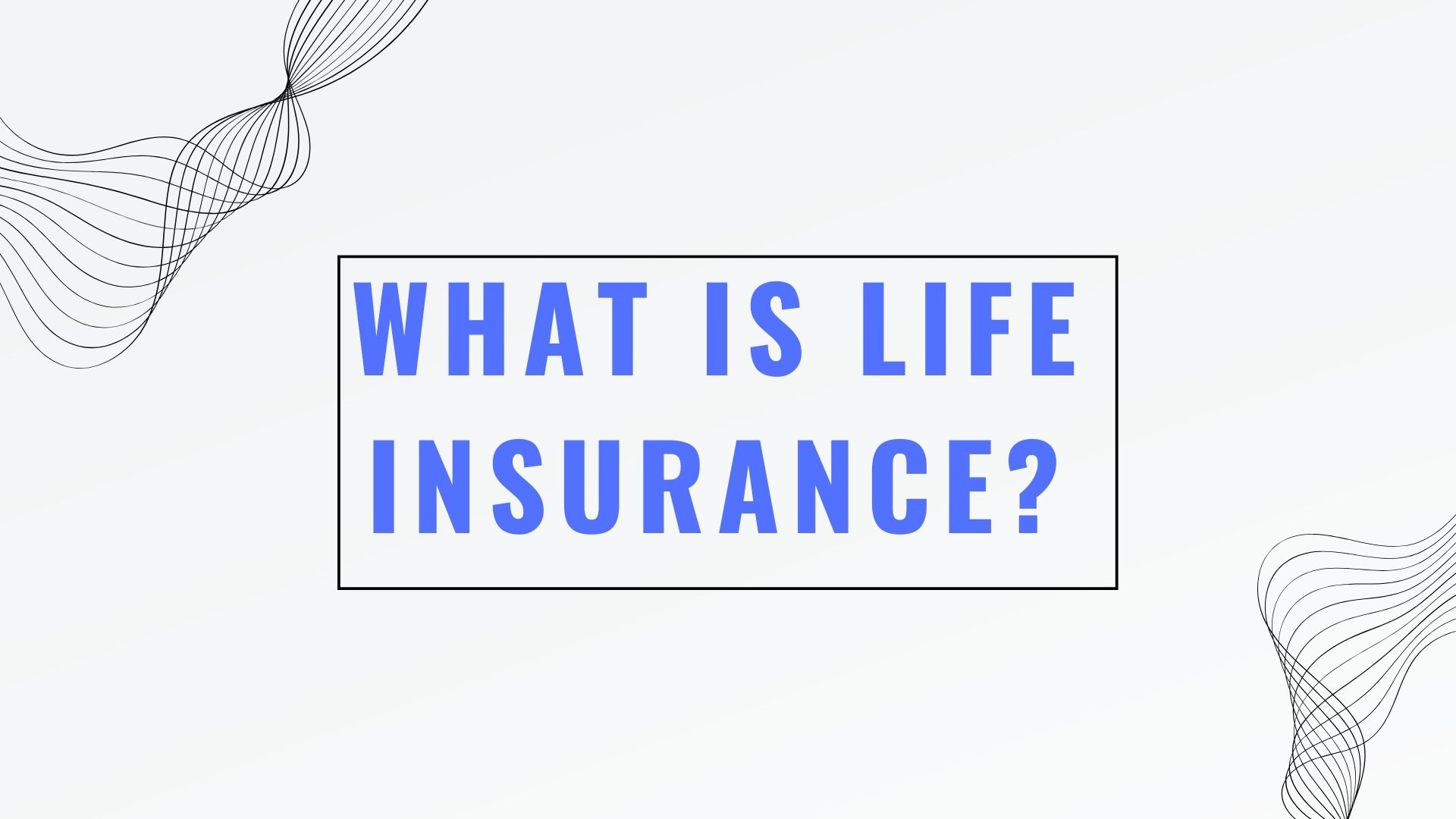Introduction
What is Life Insurance?
Life insurance serves as a financial safeguard, ensuring that your loved ones have a protective cushion in the event of your demise. It is a contract between an individual, known as the policyholder, and an insurance company. In exchange for regular premium payments, the insurance company promises to provide a sum of money, known as the death benefit, to the beneficiaries named in the policy when the policyholder dies. This financial protection can help ease the financial burden on your family during a difficult time and ensure their well-being even after you’re gone.
Types of Life Insurance
Life insurance comes in various forms, each designed to meet specific needs. The two primary types are:
Term Life Insurance: Term Life Insurance is a type of policy that offers coverage for a designated period, typically ranging from 10, 20, to 30 years. In the unfortunate event of the policyholder’s passing during this predetermined term, the named beneficiaries are entitled to receive the death benefit. Term life insurance is typically more affordable than other types but does not accumulate cash value. It is often chosen to provide temporary coverage, such as during the years when a mortgage needs to be paid or children are dependent on the policyholder.
Permanent Life Insurance: As implied by its name, permanent life insurance provides coverage throughout one’s lifetime. Within this category, there are several subtypes, including Whole Life, Universal Life, and Variable Life insurance. Unlike some other types of insurance, term life policies focus solely on providing a death benefit and do not accumulate cash value over time. This cash value can be borrowed against or withdrawn, providing a savings component that can be useful for various financial goals.
The Purpose of Life Insurance
Life insurance serves several important purposes:
Financial Protection: The primary purpose of life insurance is to provide financial security to your loved ones when you are no longer there to support them. The death benefit can cover funeral expenses, pay off debts, and provide income replacement for your family.
Estate Planning: Life insurance can be a valuable tool for estate planning. It can help beneficiaries cover estate taxes or provide an inheritance to heirs. It ensures that your assets are passed on as intended.
Business Continuity: In a business context, life insurance can be used to fund buy-sell agreements, ensuring that a surviving business partner has the funds to purchase the deceased partner’s share. It can also protect a company from financial losses if a key employee or owner passes away.
Charitable Giving: Some individuals use life insurance to make significant charitable contributions upon their passing. By naming a charity as the beneficiary, you can support causes that are important to you.
Wealth Accumulation: Permanent life insurance policies, such as Whole Life or Universal Life, can serve as a long-term savings vehicle. They accumulate cash value, which can be accessed for emergencies, education expenses, or retirement income.
Choosing the Right Policy
Choosing the most appropriate life insurance policy hinges on your unique situation and financial objectives. Here are some factors to consider:
Coverage Amount: Determine how much coverage your family would need to maintain their lifestyle, pay off debts, and achieve financial goals in your absence.
Term Length: If you choose a term policy, consider the duration that aligns with your financial obligations. For example, if you have young children, you might want a policy that covers their dependent years.
Budget: Evaluate your budget and select a policy that you can comfortably afford. Remember that term life insurance is generally more cost-effective than permanent policies.
Financial Goals: If you are interested in the cash value component and long-term savings, a permanent life insurance policy may be more suitable.
Health and Age: Your age and health play a role in determining the cost of premiums. It’s generally cheaper to secure a policy when you are younger and in good health.
Conclusion
Life insurance stands as a vital financial instrument, providing both peace of mind and a shield of protection for your cherished family members. It comes in various forms, allowing you to tailor coverage to your specific needs and goals. Whether you’re looking to provide for your family, plan your estate, or achieve long-term financial objectives, life insurance can play a vital role in securing your future and that of your beneficiaries. It’s essential to carefully assess your needs, research different policy options, and consult with a financial advisor to make an informed decision about the type and amount of life insurance that’s right for you.


